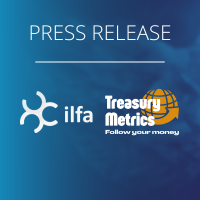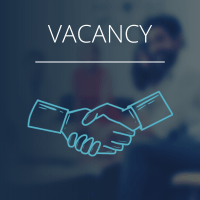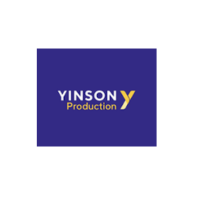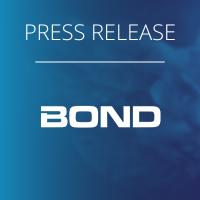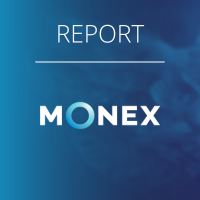RECORDING
The panel discussed how digitalization is helping companies navigate these pressures. Benefits mentioned include better visibility, faster transactions, lower costs, and improved collaboration between corporates and banks.
Real-life input from Surecomp’s platform demonstrated what taking steps toward digital trade finance looks like in practice, and how technology, including AI and blockchain, is already adding value in what has long been a paper-heavy space.
The session also addressed the roadblocks many face when transitioning to digital tools. Change management and a step-by-step approach were recurring themes. Banks were called on to take an active role in innovation and partner more closely with their clients. Tools like AI-based text analysis and digital guarantees supported by blockchain were mentioned as strong contributors to efficiency.
To wrap up, the panel shared practical suggestions for companies looking to begin or continue their digital shift: define clear goals, focus on practical business value, and stay actively connected with banks and other key stakeholders to build more flexible trade finance operations in an increasingly complex world.
Key Takeaways
Raymon Danser:
“Because we might not take on the higher risk projects, we really want to win the lower risk projects and the higher margin projects.”
Here, Raymon emphasized the rising importance of guarantees and risk management as companies become more selective due to trade tariffs and uncertainties.
Patrik Zekkar:
“The benefits, which have been proven now in multiple cases, and where we had adoption… transaction, which usually takes 35 to 45 days to complete, and now it can be made under one hour.“
Highlighting the significant time and cost savings achieved through digitalization of trade documents and workflows.
Enno-Burghard Weitzel (SureComp):
“Digital trade finance platform significantly enhanced the transparency, because all of a sudden, you are looking at the same type of data and no longer two different data blocks.”
Stressing the value of collaborative digital platforms in creating a single source of truth and improving efficiency and accuracy in trade finance.
Michael De Kroon (treasuryXL):
“Collaboration is key. Banks cannot simply follow. They need to lead together with the traders, with the corporates.”
Here, Michael pointed to the necessity for banks to drive innovation and collaborate actively to keep pace with fintech developments and regulatory challenges.
Conclusion
This session made it clear: digital trade finance is no longer a nice-to-have. In a world of shifting tariffs and market pressure, companies need faster processes, better access to information, and tighter cooperation with their banks and partners.
Technology can make that happen, but tools alone won’t do the job. You need a clear direction, people who are ready to adapt, and strong involvement from everyone affected.
Many are already seeing results – but only after taking the first step with purpose. The question isn’t whether to go digital. It’s whether your organization is ready to move with intention and turn uncertainty into progress.
Feel free to reach out to the panelists if you have any more questions after the session.




